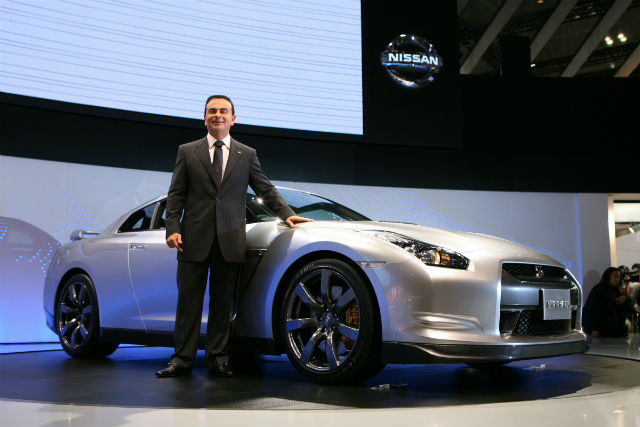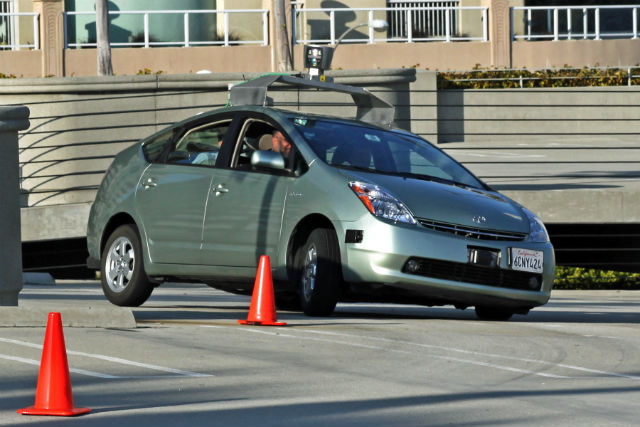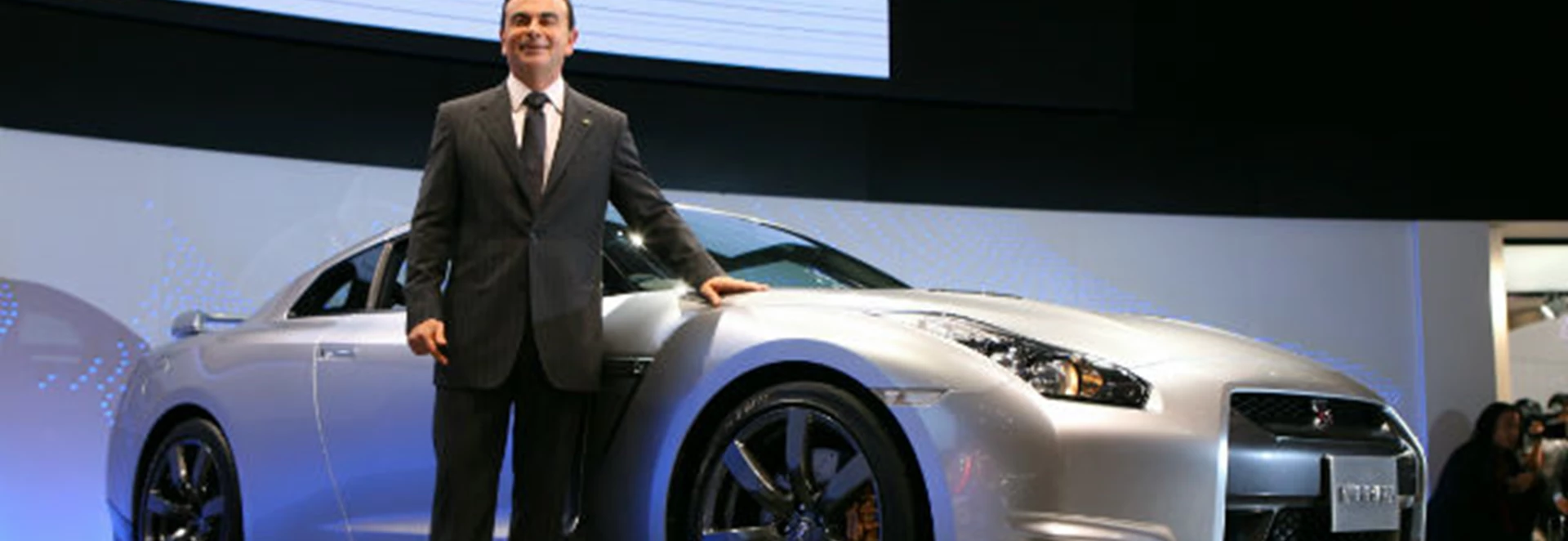Renault Nissan chairman and chief executive Carlos Ghosn has claimed that the biggest problem facing the development of driverless cars is cyclists.
Mr Ghosn said that Renault will launch its first semi-autonomous car later this year, which is able to take control from the driver and accelerate, steer and brake all on its own.
However, he added that bicycles on the roads are a serious obstacle to the success of driverless cars, with cyclists and their bikes confusing the cars’ on-board technology.

Speaking to CNBC, he said: “The car is confused by them because from time-to-time they behave like pedestrians and from time-to-time they behave like cars.”
He also apparently fired a barb at the behaviour of people who cycle on the road, adding that “they don’t respect any rules usually”.
Cyclists "dont respect any rules"
But Jason Torrance, the policy director for cycling advocacy group Sustrans, said that driverless car technology has a responsibility to put the safety of cyclists and pedestrians first.
“Advocates of driverless cars often forget that people live next to roads and use them regularly,” he said. “So safety must be prioritized especially when normal unpredictable and legal human behaviour comes into contact with driverless machines.”

Last year, a cyclist in Texas was involved in a strange stand-off with a self-driving Lexus that had been modified by Google, which struggled to react to the cyclist waiting at a red light.
Although the cyclist was unhurt, it highlighted the work that still has to be done in order to get driverless cars to behave predictably in real-world environment and not just under test conditions.
Meanwhile, Renault’s plan to launch its first partially-autonomous vehicles this year will be followed by a car that can change motorway lanes by 2018, with fully driverless vehicles planned for 2020.




